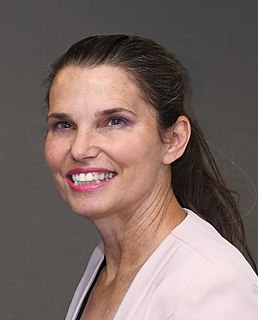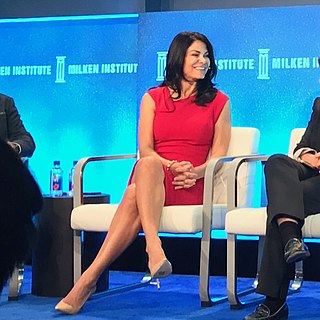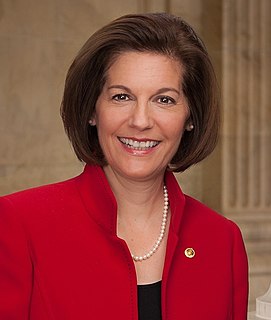A Quote by Kimberly Bryant
Our camps and workshops offer a space where girls of color can learn computer science and coding principles alongside their peers, with mentorship from female role models who have established themselves in tech fields where women, and minority women in particular, tend to be underrepresented.
Related Quotes
From building robots and video games to coding apps that solve a problem in your community, or 3D printing in fashion tech, it is important that we explore different ways to engage girls in STEAM and also ensure that there are many, and different, women role models that will inspire our girls to pursue STEAM careers.
I want to get young girls excited in science, tech, engineering mathematics, art, design - and how they come together. We've got this Choose Science campaign. Once women are there, though, we have to retain them. When I look at universities, it's not enough to have role models, we need to have champions. We need to have more women in senior leadership positions. There are issues about work-life balance. Women go to have children and then who keeps the lab running? There are many challenges.
As we've seen time and again, women and girls who are out there working, they are truly force multipliers, spreading opportunity through their families and communities - and not just by creating programs and nonprofit organizations, not just by hiring other women, but also by serving as role models themselves.
If you look at the coverage of female sports and athletics across any of the broadcasters that participate in league rights and/or sports programming, women are underrepresented, and it's a chance and an opportunity for Lifetime to support that movement and the importance of athletics and competition for girls and women.
Somehow we have been taught to believe that the experiences of girls and women are not important in the study and understanding ofhuman behavior. If we know men, then we know all of humankind. These prevalent cultural attitudes totally deny the uniqueness of the female experience, limiting the development of girls and women and depriving a needy world of the gifts, talents, and resources our daughters have to offer.


































